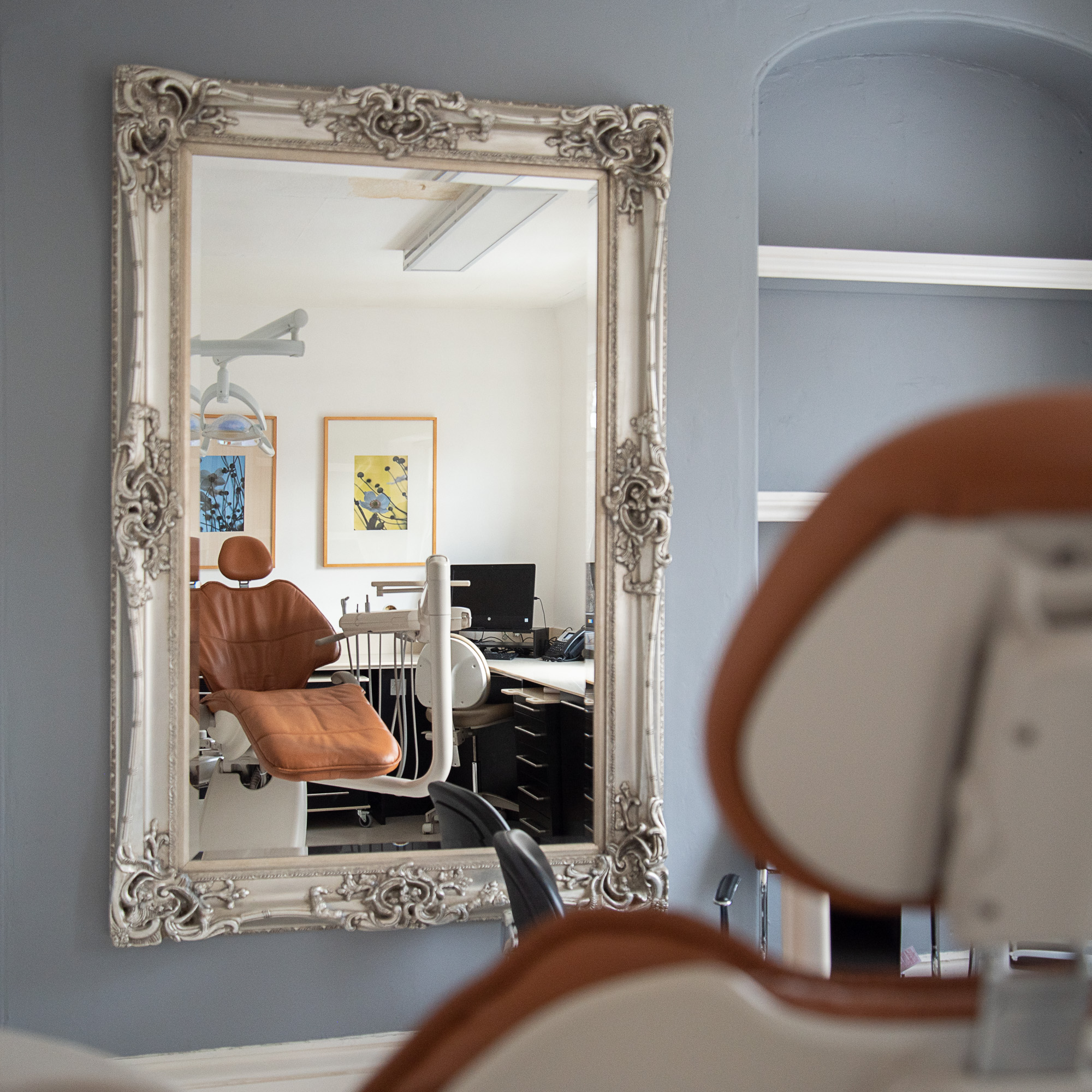
Dental hygiene is a field that can be confusing to some – how does the work of a dental hygienist differ from that of a dentist? Does going to the hygienist hurt and will your gums be sore after a visit to the hygienist? To calm your worries and concerns, we’ve put together some of the common myths around dental hygienists.
The hygienist makes my gums bleed. He/she makes it worse!
There are many people who avoid visiting their hygienist because they have experienced sore gums after hygienists have cleaned them, or noticed their gums bleeding after their appointment. This is a common myth because healthy gums do not bleed! The bleeding is actually caused by your own body’s inflammatory response to bacterial plaque.
If the plaque is not being removed effectively from your teeth and gums by tooth brushing and flossing, it will irritate the tissue and cause bleeding, swelling, pain and tenderness. Therefore, gums bleeding after hygienist’s visit when your hygienist has removed the plaque and calculus (tartar) in your mouth is actually because your gums are already inflamed. Naturally, they may well be sore or tender after your appointment because of this, but removing the plaque and tartar will improve the health of your gums, making future visits more comfortable.
Why can’t the dentist clean my teeth for me at my check-up appointment?
Your hygienist has a much longer appointment time to solely concentrate on the oral health of the teeth and gums. A dentist will assess and diagnose the state of your dental health and advise if any restorations need carrying out. But a hygienist will take a much more detailed look at the hygiene levels and provide you with personalised advice on how best to clean around any crowns, bridges, implants etc, and which products may be of use to you, such as using a sensitive toothpaste or interdental brushes.
Hygienist procedures are so painful! – Why do I always have sore gums after hygienist visits?
Many people think that it is the hygienist who causes the pain many people experience and so they avoid booking further hygienist appointments. However, the reason your gums are sore after hygienist visits is usually because your gums are already inflamed from improper teeth cleaning and flossing at home.
Of course, we don’t want our patients to be uncomfortable during their appointment, so we make sure we allow plenty of time for each patient so there’s no rush and patients have much more control over their appointment. This also means hygienists are able to offer treatments with a topical and/or local anaesthetic to make procedures more comfortable for the patient.
Every time I visit my hygienist, they always tell me to improve my brushing at home. But isn’t that their job to clean my teeth for me?
No! A hygienist-patient relationship must work both ways. Part of your hygienist’s job is to support you in improving your own toothbrushing and interdental cleaning when you’re at home. The procedures a hygienist will carry out are there to provide you with a ‘clean slate’, so you can manage your own plaque control at home more effectively.
But if this is not maintained with thorough daily cleaning, plaque will start to build up again shortly after your hygienist appointment, and it will turn into calculus (tartar) if not removed. Calculus is defined as solidified plaque, and it cannot be removed by simply brushing away with your normal toothbrush. This is where your hygienist comes in, as it requires physical intervention with specialist tools to be removed.
In addition to this, plaque that is allowed to proliferate in the mouth can potentially cause periodontitis (gum disease) and tooth decay. And once gum disease and tooth decay sets in, subsequent hygienist visits will be more painful and you may well have sore gums after seeing your hygienist. Keeping your teeth clean via twice-daily brushing and flossing will prevent disease and sensitivity, so your hygienist visits will be more comfortable.

Sweet blog! I found it while searching on Yahoo News. Do you have any tips on how to get listed in Yahoo News? I’ve been trying for a while but I never seem to get there! Cheers Teknik Informatika
I will refuse to see a dental hygienist as its a complete rip off. I only visit a dentist if im in pain. I dont think many people go every 6 months due to the high cost.